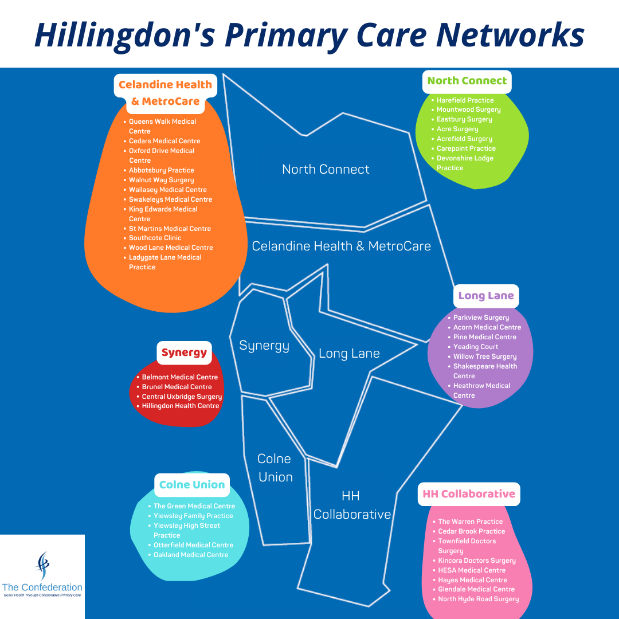The following additional roles work within a Primary Care Network. Primary Care Networks (PCNs) build on current proactive, personalised, and coordinated health and social care for people close to home. We provide care for patients through the services we offer.

.png)

